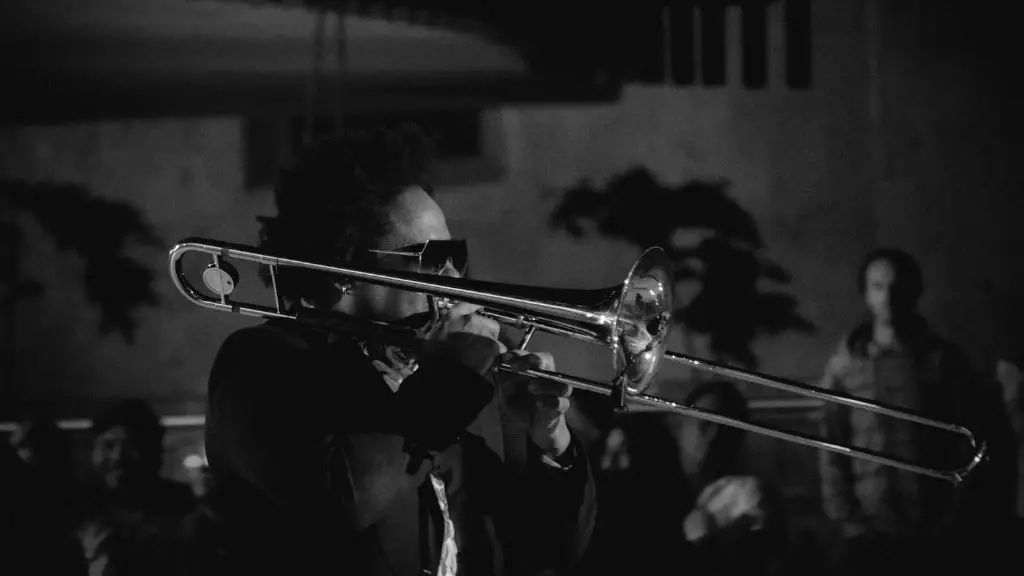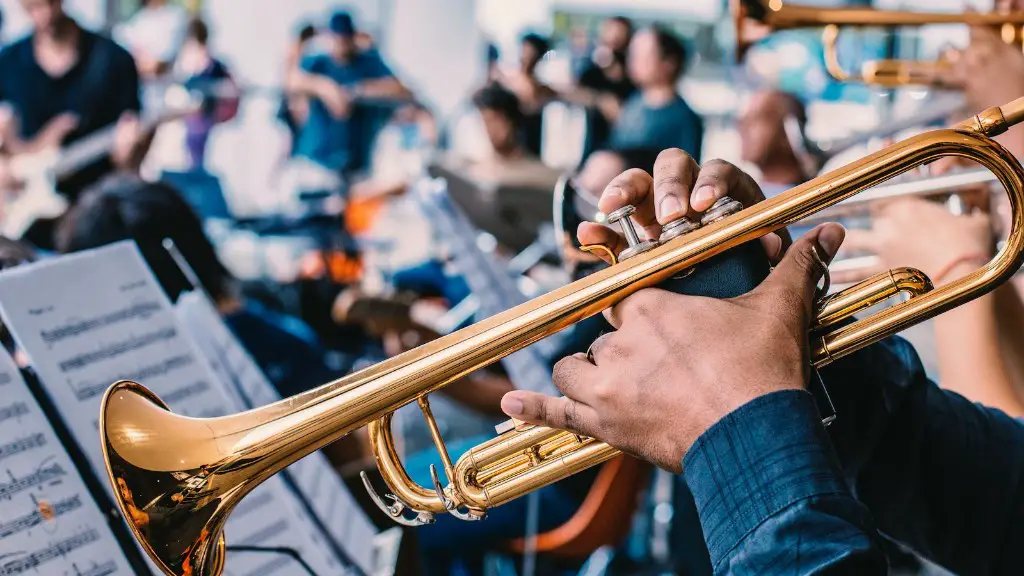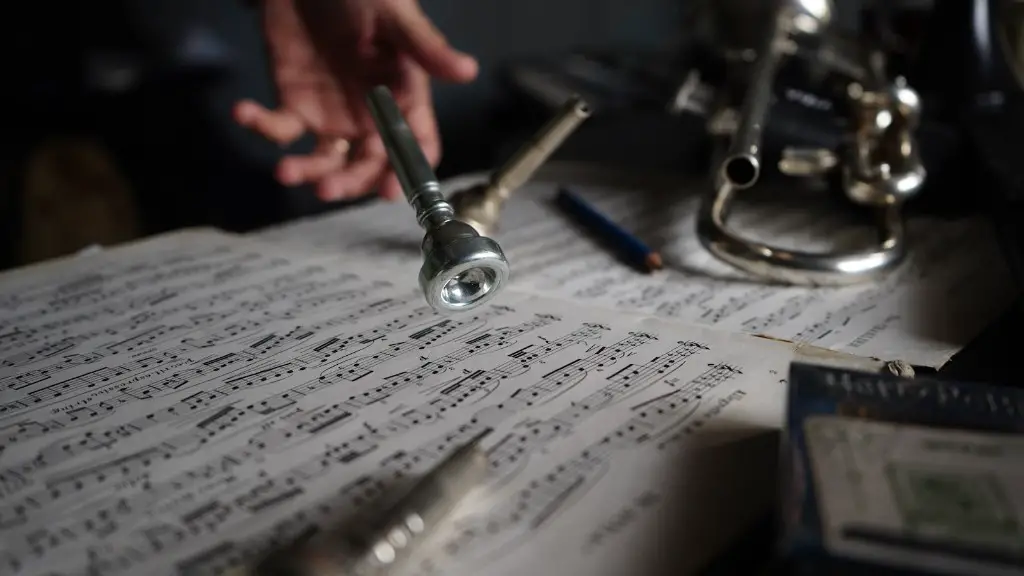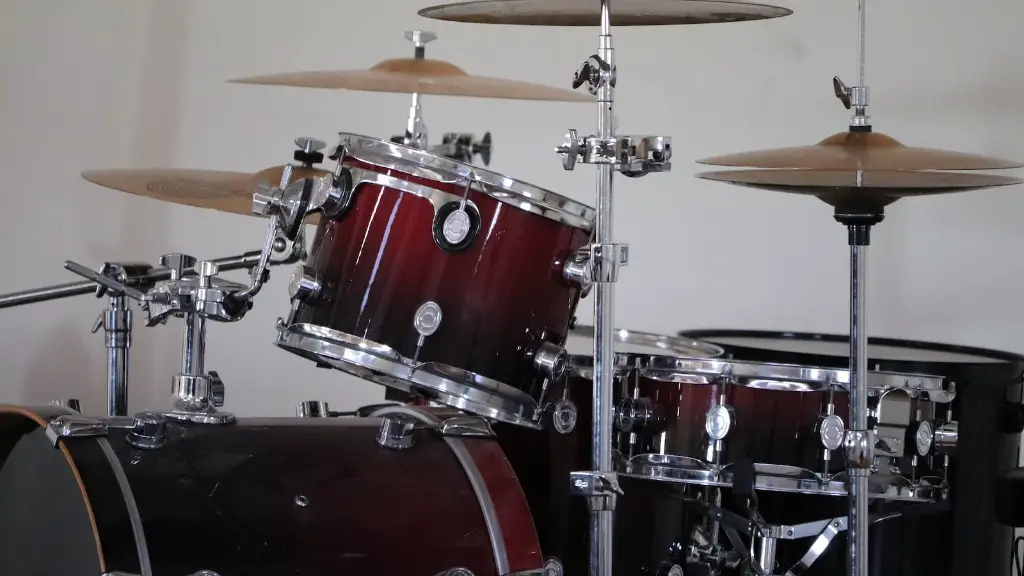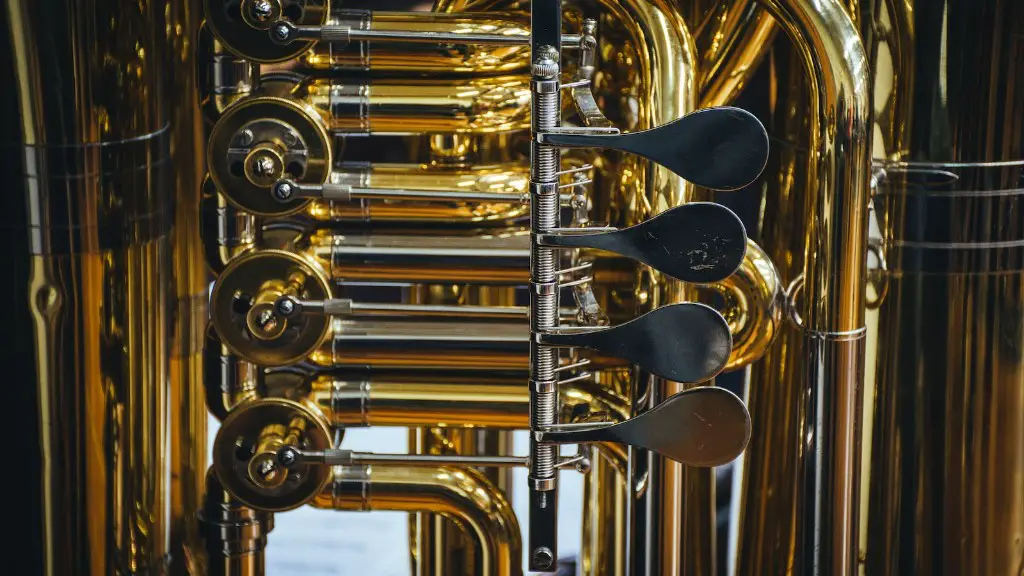Playing the trumpet is a rewarding experience that can bring joy and satisfaction. But, is it hard to learn?
The answer to this question depends on the individual. Learning any musical instrument takes time and dedication, but the trumpet can be especially challenging for new players. It requires a strong embouchure and good air support to play properly. The trumpet also has a lot of range, which means that new players need to learn how to hit different notes at different levels of intensity.
However, with proper instruction and practice, anyone can become proficient at playing the trumpet. The most important thing to remember is that learning any instrument takes time and patience. With dedication and motivation, it is possible to master the trumpet.
Different Types of Trumpets
The trumpet is a brass instrument with a bright, powerful sound that is perfect for solo pieces, duets and larger ensembles. There are many different types of trumpets available for musicians to choose from, such as the standard B-flat trumpet, piccolo trumpet and alto trumpet. The standard B-flat trumpet is the most common type of trumpet used by beginners and professionals alike. It has a range of two octaves and can be used for solo performances or ensemble playing. The piccolo trumpet has a higher pitch than the B-flat trumpet and is often used in classical music pieces. The alto trumpet has a lower pitch than the B-flat and is typically used in jazz music.
The difficulty of playing the trumpet varies depending on the type of music being played and the skill level of the musician. For beginners, it can be challenging to learn how to play basic melodies on the instrument, but with practice it can become quite easy. Professional players are often able to make some complex sounds with their instruments. In general, however, playing the trumpet is not overly difficult once basic techniques are learned.
Learning to Play the Trumpet
The trumpet is a brass instrument that can offer a wide range of emotions and tones, from bright, powerful fanfares to mellow jazz solos. Learning to play the trumpet requires dedication and practice, but can be rewarding and enjoyable.
The basics of playing the trumpet involve learning how to position your lips, tongue, and jaw to produce certain notes. You’ll also need to learn how to breathe correctly in order to produce a sustained, full sound. It can take time and patience to master these techniques, but with regular practice you will eventually be able to play simple melodies.
The trumpet is not an especially difficult instrument for beginners, though it does require dedication and determination in order to continue improving your skills. If you are willing to put in the time and effort necessary for mastering the basics of playing the trumpet, you will be rewarded with an enjoyable skill that you can use for years to come.
What Makes a Good Trumpet Player
Being a good trumpet player requires hard work, dedication, and practice. A successful trumpet player must have excellent breath support, embouchure control, and a good ear for pitch. They should also be able to read music and be familiar with the different styles of music that can be played on the trumpet. Additionally, they should possess strong finger dexterity to play faster passages with ease.
A good trumpet player must also have an understanding of the instrument itself. Being able to properly set up the trumpet is essential for optimal performance. Knowing how to adjust the tuning slide, valves and slides can help produce better intonation and sound quality. With some practice, anyone can learn how to play a trumpet but it takes time and dedication to become a great trumpet player.
In short, playing the trumpet is not necessarily difficult but it does require skill and knowledge. Having a good ear for music as well as understanding the instrument itself are key factors in becoming a great trumpeter. With enough hard work and practice, anyone can become an amazing trumpet player!
Common Challenges for Beginner Trumpet Players
Learning the trumpet can be a daunting challenge for beginners. Playing with proper breath support and developing good tone quality takes time and practice. Additionally, the trumpet requires a strong embouchure and good lip flexibility to play in tune. Neglecting these skills can lead to poor intonation, cracking notes, and other issues. Developing proper posture and hand position is also key to playing the trumpet correctly. One must be able to hold the instrument securely for long periods of time without becoming tired too quickly.
The trumpet is considered a difficult instrument to learn, but with dedication and practice, anyone can master it. Establishing a practice routine is essential in order to make consistent progress. It is also important to focus on technique rather than speed when learning new pieces. Lastly, having an experienced teacher or mentor is often invaluable in helping beginners navigate their way through the challenges of learning the trumpet.
Improving Your Playing Ability on the Trumpet
Playing the trumpet can be a difficult and challenging instrument to learn, but there are several exercises that can help you improve your playing ability. Practicing scales and arpeggios is a great way to build technique and accuracy. Working on specific studies such as the Arban Method and Clarke Technical Studies can help with developing tonguing, articulation, and range. Playing along with recordings of professional trumpet players is also an effective way to get a feel for rhythm, phrasing, and dynamics. Breath control exercises are also essential for improving endurance, range, and tone quality. Finally, playing duets or small ensemble music can help you learn how to play musically with other musicians. With dedication and practice these exercises will help you become a better trumpet player.
Buying a Trumpet: What You Should Know
Playing the trumpet is a rewarding experience, but buying one can be intimidating. Before making your purchase, there are some important points to consider.
Trumpets come in various sizes and styles, so it’s important to research the different types and find the one that best meets your needs. The most common type of trumpet is the B-flat, which is used for most classical and jazz music. Other varieties include C, E-flat and D trumpets.
It’s also important to think about budget and quality when selecting a trumpet. While some lower-end models may be easier on your wallet, they may not offer the same level of sound quality as more expensive instruments. The key is to find a balance between cost and quality. Additionally, many music stores offer instrument rental programs that can be an economical way to get started with playing the trumpet.
As far as how difficult it is to play the trumpet, it all depends on individual skill level and practice time invested. Like any instrument, it takes dedication and hard work to master the art of playing the trumpet. Regular practice and patience will help you progress quickly.
In conclusion, purchasing a trumpet involves taking into account several factors such as size, style, cost and performance potential. Consider these points carefully when weighing your options so you can find an instrument that fits your needs perfectly!
The Bottom Line
Playing the trumpet is a rewarding experience, but it requires dedication, hard work and discipline. Learning to play the trumpet isn’t easy, but it’s worth it in the end. While there is no denying that learning to play the trumpet can be challenging and time-consuming, with regular practice and perseverance, you can master this beautiful instrument. It takes a lot of hard work and dedication to become a successful trumpet player, but with enough effort, it is possible. With the right attitude and approach, anyone can learn to play the trumpet – regardless of their experience or skill level.
